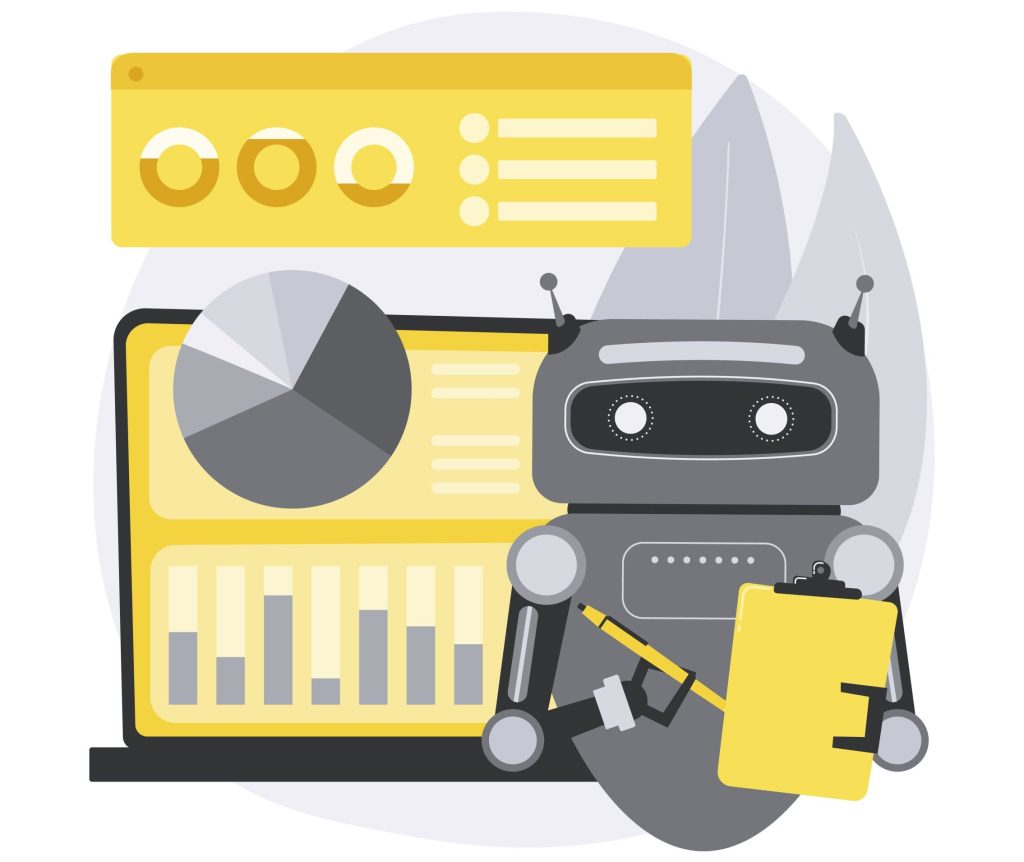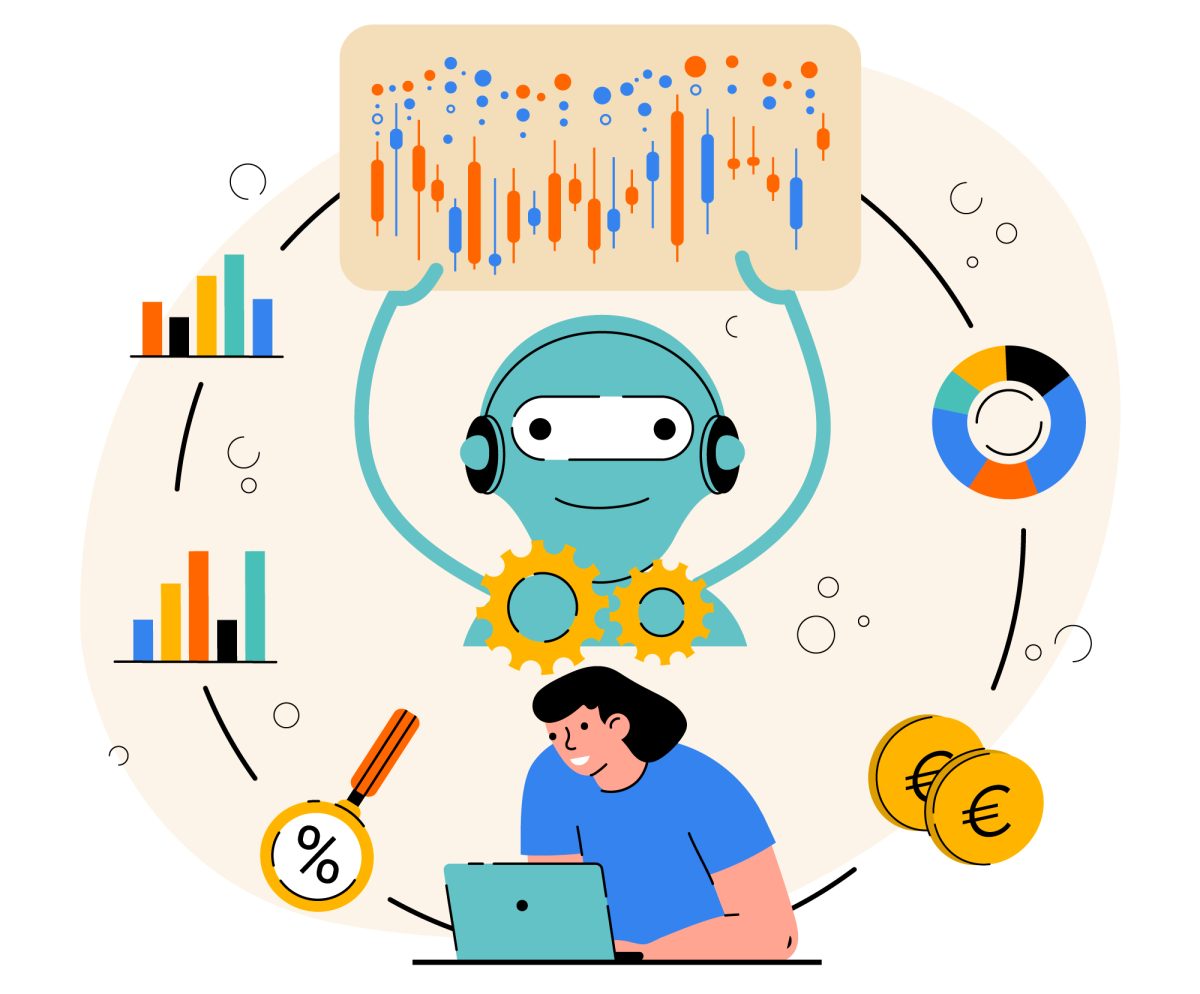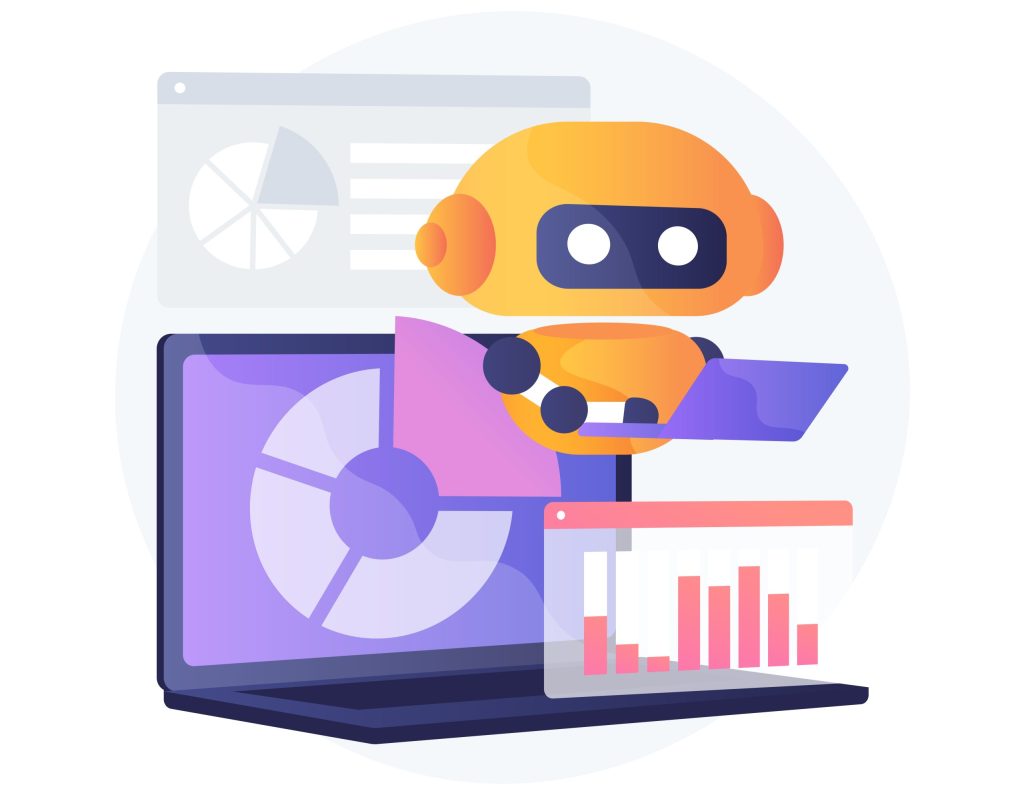In today’s data-rich digital economy, understanding market behavior, customer preferences, and competitive landscapes is essential for success. Traditional methods of market research, while foundational, often fall short in delivering real-time insights and actionable intelligence. That’s where AI for Market Research steps in, bringing precision, speed, and strategic foresight to the decision-making process.
AI-powered tools are transforming the way companies gather, analyse, and act on data. From automating survey analysis to identifying emerging trends, AI is enabling businesses to be more agile and informed. This blog explores how AI for Market Research is revolutionising the landscape, showcasing its use cases, benefits, and how businesses can effectively implement it.
What is AI for Market Research?
AI for Market Research refers to the application of artificial intelligence technologies such as natural language processing (NLP), machine learning (ML), and predictive analytics to collect and analyse market data. Instead of relying solely on human-led surveys or static reports, AI extracts meaningful insights from vast datasets, enabling faster and more accurate decisions.
These technologies help organisations identify customer sentiments, predict behavior, uncover hidden trends, and generate recommendations, all at a scale.
Use Cases of AI for Market Research
1. Sentiment Analysis from Social Media and Reviews
AI tools can analyse customer sentiment from platforms like Twitter, Reddit, and product reviews, helping brands understand public perception in real time.
2. Competitor Intelligence
AI tracks competitor product launches, pricing strategies, and brand mentions, giving businesses a strategic edge.
3. Predictive Customer Behavior
By analysing past data, AI models can predict future customer preferences and buying behavior, assisting in personalised marketing strategies.
4. Smarter Survey Insights
AI enhances the value of surveys by quickly identifying patterns, common themes, and emotional responses from open-ended answers.
5. Trend Identification
AI identifies emerging industry trends through pattern recognition in large data sets such as news, blogs, and forums.
6. Audience Segmentation
AI helps in identifying hyper-specific customer segments for targeted marketing and product development.
7. Real-Time Data Analysis
AI processes data in real time, allowing marketers to make agile, insight-driven decisions without waiting for quarterly reports.
8. Visual Recognition in Market Research
Computer vision can evaluate packaging effectiveness, in-store product placement, and even facial expressions during product testing.
9. Pricing Strategy Optimisation
AI can simulate customer reactions to different price points based on demand models and historical data.
10. Content Testing and Messaging Insights
AI analyses which types of content and messaging drive the best results for specific target audiences.
Key Benefits of Using AI for Market Research
1. Enhanced Speed and Accuracy
AI can process and analyse large datasets quickly, reducing human error and saving time.
2. Deeper Consumer Insights
AI tools dig deeper into unstructured data, such as social media posts and customer feedback, to uncover patterns humans might miss.
3. Scalability
Whether you’re a startup or a multinational, AI can scale research efforts without added overhead.
4. Improved Data Interpretation
AI presents findings in a clearer, more digestible format, making it easier for teams to interpret complex insights and take swift action.
5. Continuous Insights
AI provides always-on insights, helping businesses remain agile and quickly adapt their strategies.
 Why AI in Market Research is Critical in Today’s Landscape
Why AI in Market Research is Critical in Today’s Landscape
In a digital-first world, consumer preferences evolve rapidly. Relying solely on traditional methods can lead to outdated strategies and missed opportunities. AI for Market Research helps bridge this gap by offering businesses immediate access to accurate and relevant insights. It empowers organisations to become proactive rather than reactive, an essential trait in today’s competitive market.
Furthermore, with increasing volumes of data generated every second, AI is the only viable solution for efficiently extracting value and making informed business decisions in real time.
The Cost of Ignoring AI in Market Research
Businesses that delay adopting AI-driven research methods face several challenges:
1. Inaccurate Forecasting
Without predictive analytics, businesses risk misreading market trends.
2. Slow Decision-Making
Manual data analysis leads to delays in campaign execution or product pivots.
3. Missed Customer Signals
Valuable insights from customer feedback and behavior may go unnoticed.
4. Inefficient Resource Use
Teams spend more time analysing than strategising, affecting productivity and ROI.
How Stratpilot Can Help You Lead with AI-Driven Market Research
Stratpilot is not just an AI productivity platform; it is your decision-making companion. Designed with business growth in mind, Stratpilot’s capabilities can be adapted to enhance your market research strategies.
Stratpilot empowers teams to create AI-assisted research prompts, generate customer insights instantly, and organise findings using tailored templates. Whether you’re evaluating competitors, segmenting customers, or testing messaging, Stratpilot equips your team with the features to think faster and act smarter.
Its intuitive interface allows users to quickly create campaigns, access pre-built research workflows, and receive guided recommendations, removing complexity and maximising output. Businesses using Stratpilot can conduct research with greater accuracy, speed, and strategic alignment.
Ready to enhance your decision-making with cutting-edge insights? Book a demo for Stratpilot today and experience how AI for Market Research can transform your strategy from reactive to proactive. Don’t just collect data, turn it into action.
Frequently Asked Questions (FAQs)
Q1: Is AI for Market Research suitable for small businesses?
Yes. AI tools like Stratpilot are scalable, making them accessible and useful for startups and SMEs looking to optimise insights on a budget.
Q2: How does AI improve competitor analysis?
AI continuously monitors competitor mentions, product updates, and market shifts, helping you stay ahead with real-time intelligence.
Q3: What data sources does AI use in market research?
AI draws from multiple sources, social media, CRM, surveys, web analytics, review platforms, and more, to generate comprehensive insights.
Q4: Can Stratpilot integrate with existing market research tools?
Stratpilot functions independently with its pre-designed prompts and guided AI assistant, but its insights can complement outputs from other platforms.






